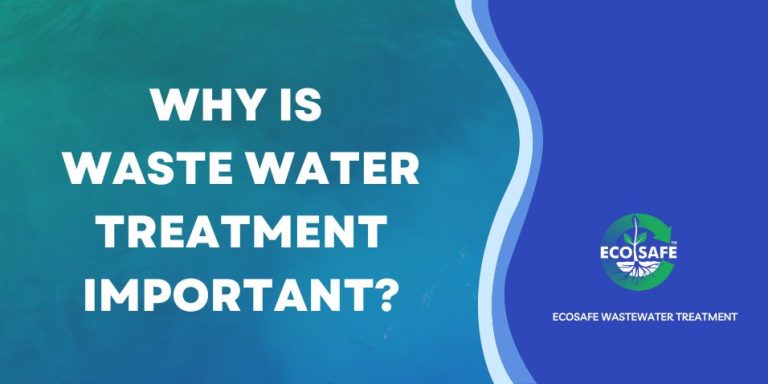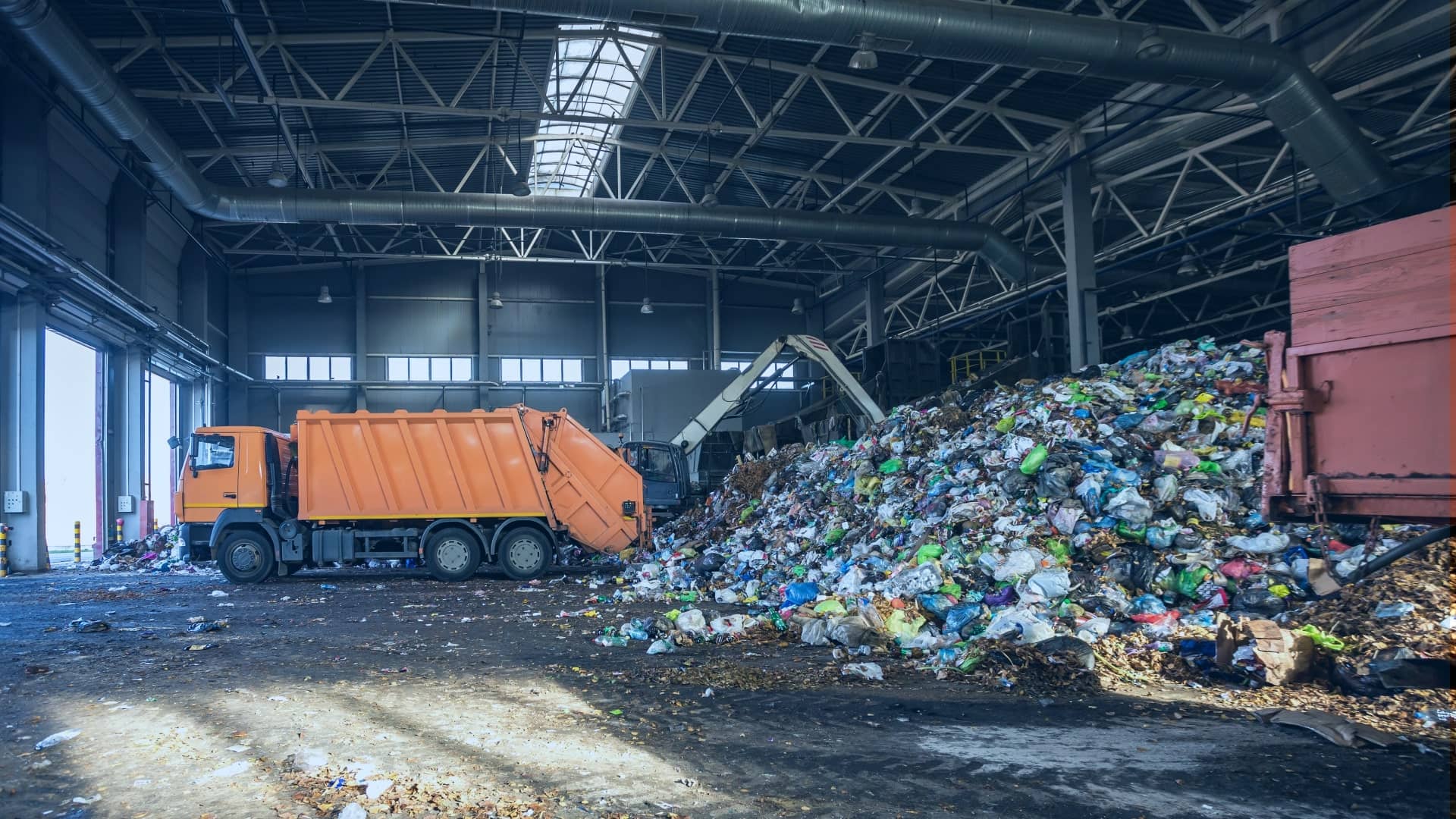The Basic Principles Of Reclaim Waste
Table of ContentsMore About Reclaim WasteThe Ultimate Guide To Reclaim Waste9 Simple Techniques For Reclaim WasteReclaim Waste Things To Know Before You Buy3 Easy Facts About Reclaim Waste Described
Through proper fluid waste management, business can decrease energy-intensive therapy procedures and disposal expenses. By complying with a system for handling fluid waste, firms can prevent costly fines and fines and prevent negative publicity.(https://medium.com/@leonaube33101/about)Gather depictive samples from various factors within the waste stream to make sure precision. Conduct routine screening to track any adjustments in the composition. Keep thorough records of characterization for future reference and conformity purposes. Liquid waste, specifically hazardous ones, poses considerable dangers throughout this step. Appropriate treatments minimize spills, leakages, and other crashes that can damage the employees and the public.

is needed when the effluent will certainly be reused or released into local swimming pools. Sanitation (e.g., chlorination, ultraviolet light, ozonation) and nutrient elimination (e.g., denitrification and phosphorus removal) are recommended under strict regulations. This stage in the procedure is purely managed because it is when most threats happen. Various companies broke a number of fluid waste disposal regulations in the last few years.
The Facts About Reclaim Waste Revealed

are made use of by markets that generate large volumes of low-toxicity fluid waste. Shallow basins contain fluid waste that is enabled to evaporate with natural procedures. The residue left can be disposed of in land fills. includes shedding liquid waste at heats and converting it right into gas and ash. This kind of disposal goes through strict ecological laws as a result of possibly unsafe emissions.
The findings ought to be recorded, assessed, and stored not just for submission to governing authorities but likewise for making renovations in the future. Share details with appropriate stakeholders (e.g., workers, regulatory federal government companies, and nearby communities) to maintain transparency and liability.
Recognizing these can aid them effectively handle their operations and minimize their environmental impact. Companies that can't invest in centers need to take into consideration working together with the public industry for much better solutions.
Reclaim Waste Fundamentals Explained
By implementing thorough management systems that include treatment and reusing techniques, routine monitoring, risk evaluations, and adherence to local and federal regulations, industrial facilities can add to the defense of groundwater materials, ensuring their schedule for future generations (liquid waste removal). Allow's look into the value of reliable fluid waste monitoring in the commercial field, focusing on its effects for protecting groundwater sources
The air pollution of groundwater sources due to inappropriate fluid waste monitoring in the commercial field has significant effects for human health, farming, and the setting all at once. Several of the potential influences triggered by such air pollution include: Contaminated Drinking Water Products: As groundwater provides a significant section of our alcohol consumption water, contamination from industrial tasks can result in harmful chemicals and microbes entering our water systems, posing health and wellness dangers for people.
Lowered Agricultural Productivity: Farming counts heavily on groundwater for watering; consequently, contaminated water can prevent crop yields, infect farming products, and affect food security. Provided the importance of maintaining groundwater sources, it is vital for businesses to take a positive position in managing their liquid waste responsibly and stopping air pollution.
Reclaim Waste for Dummies
Fluid waste can pollute land and contaminate waters. Info concerning handling and keeping fluid waste, reacting to spills and lowering liquid waste is available in the adhering to truth sheets and support:.
The duty of waste monitoring experts in securing this valuable resource can not be overemphasized. Polluted water and contaminated effluent management: Making sure that unsafe fluids are safely eliminated and dealt with before they like this can damage our water resources.
Therefore, integrating lasting fluid waste monitoring right into financial planning boosts financial stability and shields the setting, demonstrating the worth of this approach. Finally, embracing specialist liquid waste monitoring techniques is critical for making certain a sustainable future, securing our environment and protecting the well-being of future generations - liquid waste disposal melbourne. At E&E Waste, we are dedicated to promoting a better tomorrow with accountable actions today.
When it pertains to dealing with waste, adhering to correct treatments is important for a wide range of factors. Correct waste disposal is not practically cleanliness; it's regarding making sure the health of our environment, wellness, and the effective use sources. Recognizing the importance of effective waste monitoring can help us all contribute to a much healthier, cleaner earth.
An Unbiased View of Reclaim Waste
Efficient waste monitoring helps maintain tidy roads and public spaces, decreasing the aesthetic impact of trash and ensuring that waste does not harm wildlife. When waste is not thrown away properly, it can bring about air pollution, where hazardous substances can seep into the dirt, water systems, and the air, producing long-term ecological issues.